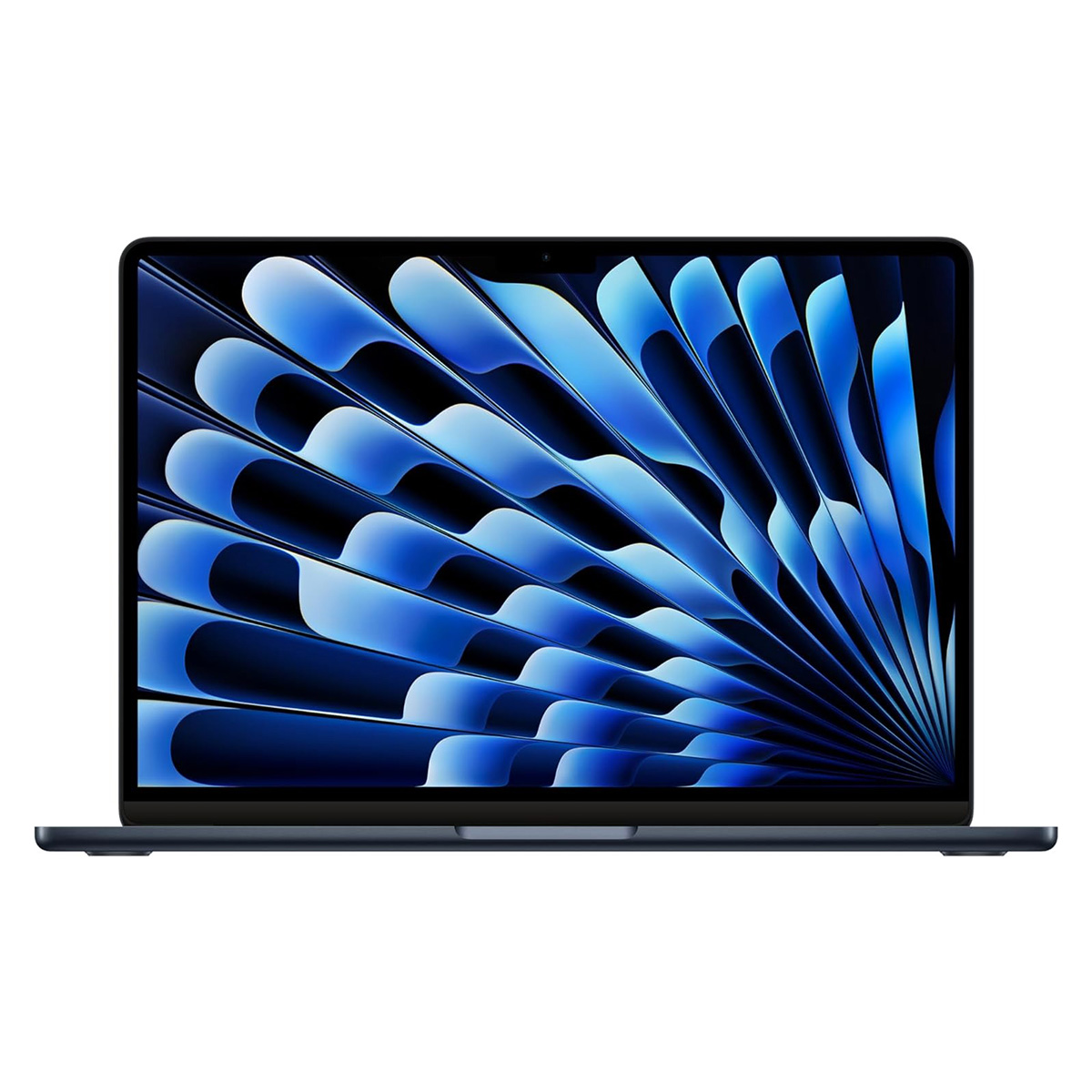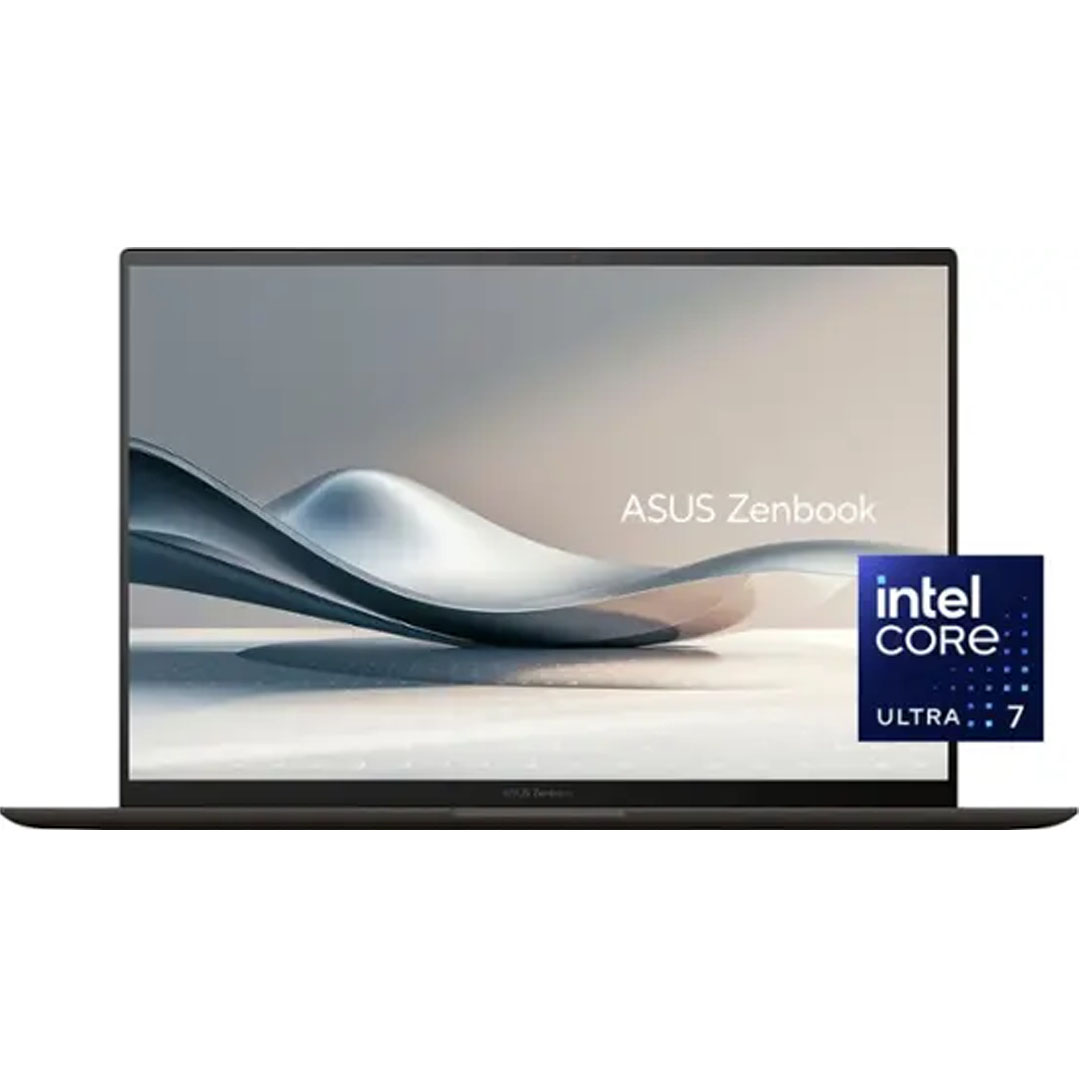
On June 2, 2024, Lisa Su, CEO of Advanced Micro Devices, took the stage for her keynote presentation at Computex in Taipei, Taiwan.
She would finally unveil the chip that would power some of this year's top AI-powered laptops — and set AMD up to lead the AI PC market in the near term.
Su, who has been at the helm of AMD since 2014, set the scene by looking ahead:
"We actually need much, much better AI hardware, and that’s why we’re so excited to announce today our third-gen Ryzen AI processors," she told the gathered audience of industry members and tech journalists.
Those processors were the AMD Ryzen AI 300 series chips, which would emerge as major contenders in the AI PC market this year.
Su was greeted with applause as she held up the first Ryzen AI 300 series chip for the Computex crowd to see. She didn't shy away from praising AMD's work, either, commenting, "Our new Ryzen AI series actually is a significant increase in compute and AI performance and sets the bar for what a Copilot PC should do."
See also: This year, Copilot+ PCs beat the hype — and gaming is next, AMD exec tells Laptop Mag
AMD did indeed set the bar. The Ryzen AI 300 series processors came out swinging with some seriously impressive benchmark scores and great overall performance, giving Qualcomm's Copilot+ PCs a run for their money. AMD's new chips didn't just dominate in AI performance, either.
AMD's Corporate Vice President and General Manager, Jason Banta, tells Laptop Mag, "Beyond just delivering AI capabilities, the Ryzen AI 300 Series processors were designed to deliver a great all-around PC experience, with top-shelf features and no compromises. With flawless compatibility and stability, Ryzen AI 300 Series processors deliver the same trusted Ryzen performance with the addition of next-gen AI processing power."
Did the AMD Ryzen AI 300 series chips live up to these high expectations? More importantly, were they truly able to set the bar for what a Copilot+ PC should do? After seeing these laptops in action, I think the answer is clear, but it leaves me wondering if AMD can keep its lead going into 2025.
AMD's Ryzen AI 300 series chips stole the show from Qualcomm
When Copilot+ PCs first launched in May 2024, Qualcomm was running the show. All of the laptops in that initial launch, like the Lenovo Yoga Slim 7x and the Microsoft Surface Laptop 7, ran on Qualcomm's Snapdragon chips. Some of these laptops really impressed us, especially when it came to battery life.
Then AMD entered the scene.
I knew Qualcomm was going to have some serious competition when I saw the benchmark results for the first few laptops running the AMD Ryzen 9 HX 370 chip. These new Copilot+ PCs knocked Qualcomm's scores out of the park by a large margin, especially in graphics tests.
For example, the Asus Zenbook S16 (AMD Ryzen 9 HX 370) averaged three times more frames per second in Sid Meier's Civilization VI than the Lenovo Yoga Slim 7X (Qualcomm Snapdragon X Elite X1E-78-100). Our review for the Zenbook S16 also praised its graphics performance, with Editor Rami Tabari commenting, "I've never seen integrated graphics like this."
Sheer graphics performance wasn't the only advantage AMD's Ryzen AI 300 series chips have over their Qualcomm rivals. As AMD's Banta points out, the Ryzen AI 300 series chips feature "flawless compatibility."
Banta may not have been intentionally making a jab at Qualcomm, but AMD's AI CPUs are compatible with far more apps and games than Qualcomm's. In fact, one of the few major issues that emerged during the launch of the first Copilot+ PCs were issues with app compatibility on Qualcomm's Arm architecture. For instance, I noticed the Lenovo Yoga Slim 7X couldn't run games that required anti-cheat software, like Apex Legends.
While Qualcomm will likely resolve most app incompatibilities eventually, right now it is still a potential deal-breaker that gives AMD-powered laptops an edge.
Beyond gaming, AMD's Ryzen AI 300 series chips boasted impressive overall performance far beyond their Qualcomm competitors. For instance, the Asus ProArt PX13 scored 15,203 on Geekbench 6 and 3,587 on Geekbench ML (CPU). Both scores are significantly higher than similar Qualcomm-powered laptops, indicating that AMD's AI chips offer stronger overall performance and superior AI performance.
What's next for AMD's AI-infused processors?
After the successful launch of the Ryzen AI 300 series chips this year, many are excited to see how AMD will continue to evolve its AI processors in 2025. Banta gave us a hint about what might be next.
Banta tells Laptop Mag, "Many AI PCs in the market now cater to the premium market. In the near term, we are committed to bringing AI to more price points and enabling more AI experiences for customers everywhere."
So, we could soon see more budget laptops with AMD AI chips. If AMD can achieve similar performance at a lower price point, its next generation of AI chips could dominate the budget laptop market.
There is also room for more affordable AI PCs. The first wave of Copilot+ PCs launched earlier this year started at $999, which is relatively inexpensive but still out of reach for many. Of course, you can use sales and deals to save money on your next laptop, but that isn't always an option.
Will the performance and features of AMD's Ryzen AI 300 series chips trickle down to laptops with lower price tags in 2025? If not this year, technological development shows us that affordable high-performance AI will be available in the years ahead.
A lower-priced AI laptop could also help AMD stay ahead of the competition, especially as Intel ramps its AI CPU line-up with its Lunar Lake.
Who will emerge as the leader in the AI PC rivalry: Qualcomm, AMD, or Intel? We'll have to wait and see.

If you're anything from an AI enthusiast to the average AI tinkerer (or simply seeking out some of the additional features offered through Windows Copilot+ PCs or Apple Intelligence on Macs), then you'll need a powerful and performative laptop to keep up to speed with your needs.
At Laptop Mag, we review laptops year-round to ensure we're giving you expert-backed and up-to-date recommendations on which notebook is right for you. When it comes to the best AI PC category, our top picks are the excellent Asus Zenbook S 14 (UX5406) for Windows users and the impressive Apple Macbook Air M3 for those running macOS.
So, if you're shopping for a new laptop and looking to invest in an AI PC (or just a great laptop in general), check out our current top-tier picks below.

We love the MacBook Air 13 M3. Starting at just $1,099 (MSRP), with education pricing dropping to $999 (MSRP), the Air is a laptop we can recommend for just about any purpose. It's affordable, especially by Apple standards, and it features an excellent keyboard, fantastic performance, and outstanding endurance (over 15 hours of battery life), which makes it a great laptop for just about anyone's needs, especially those interested in getting to grips with all of the latest Apple Intelligence features.

The Asus Zenbook S 14 (UX5406) has quickly become our favorite AI PC laptop of the year, offering all the hallmarks of a great buy, including exceptional performance and battery life. This laptop is one of the first to feature an Intel Core Ultra 200V series processor and at just $1,499 (MSRP), you get a fantastic balance of power, a stunning 14-inch OLED display, effortless multitasking, NPU-enhanced performance for AI tasks, and all of the additional Copilot+ features available with Windows 11.







